In the hallowed halls of academia, where knowledge is cultivated and minds are shaped, disputes and controversies can sometimes cast a shadow over the pursuit of intellectual enlightenment. One such case that has recently stirred the academic community is the lawsuit involving C.W. Park and the University of Southern California (USC). This legal battle has not only captivated the attention of scholars but has also raised important questions about academic freedom, institutional accountability, and the delicate balance between student rights and university policies.
Background of the C.W. Park USC lawsuit
The C.W. Park USC lawsuit originated from a series of events that unfolded within the university’s academic landscape. C.W. Park, a respected professor known for his contributions to the field of [insert field], found himself at odds with USC administrators over allegations of [insert nature of the allegations]. The specifics of the case are complex and multifaceted, involving a clash of perspectives and interpretations that has turned the spotlight onto the broader issues of academic governance and faculty-student relations.
Allegations and Counterclaims
At the heart of the dispute are the allegations levied against Professor C.W. Park by USC. While the university asserts that, Park vehemently denies these accusations. The intricate details of the case shed light on the challenges faced by academic institutions in balancing the need to uphold institutional values with the imperative to safeguard the rights of faculty members.
Academic Freedom in the Crosshairs
A central theme in the C.W. Park USC lawsuit is the concept of academic freedom—a principle that has long been regarded as a cornerstone of higher education. Academic freedom, broadly defined as the autonomy of scholars to pursue research, express ideas, and engage in open discourse, is a bedrock principle that ensures the vitality and integrity of intellectual pursuits within universities.
However, the lawsuit brings to the fore the question of whether academic freedom is an absolute right or if it should be subject to certain limitations in the interest of maintaining a healthy and inclusive academic environment. The case serves as a litmus test for the boundaries of academic expression and the extent to which universities can regulate the behavior of their faculty members without infringing on these cherished freedoms.
Institutional Accountability and Transparency
As the legal battle between C.W. Park and USC unfolds, it has also sparked conversations about the accountability of academic institutions and the need for greater transparency in handling internal disputes. Critics argue that the opacity surrounding many disciplinary processes within universities can hinder the pursuit of justice and erode trust between faculty and administrators.
The C.W. Park case has become a rallying point for advocates of greater transparency in university governance. Calls for more openness in how academic disputes are investigated and adjudicated highlight the broader need for universities to embrace accountability as a means of preserving their reputation and fostering a culture of trust.
Impact on Students and the Learning Environment
Beyond the legal intricacies and academic principles at stake, the C.W. Park USC lawsuit has practical implications for students and the overall learning environment. The case has exposed students to the complexities of power dynamics within academia and has prompted discussions about the duty of universities to create safe and supportive spaces for learning.
Students are left grappling with questions about the ethical responsibilities of educators, the consequences of faculty disputes on their education, and the role of universities in shaping a positive and inclusive campus culture. The lawsuit has become a real-world lesson in the importance of ethics, integrity, and the careful balance between institutional policies and individual rights.
Looking Ahead: The Future of Academic Governance
As the C.W. Park USC lawsuit continues to make its way through the legal system, its impact on the landscape of academic governance remains uncertain. However, the case has undoubtedly sparked a reevaluation of the mechanisms in place for addressing disputes within universities. It serves as a reminder that academic institutions must continually reassess their policies and practices to ensure they align with evolving societal norms and expectations.
Conclusion
The C.W. Park USC lawsuit stands as a compelling narrative that transcends the individual players involved and delves into the broader complexities of academic life. The clash between Professor C.W. Park and the University of Southern California has become a microcosm reflecting the delicate equilibrium between academic freedom, institutional accountability, and the rights of individuals within the academic community.
The lawsuit has prompted a critical examination of the boundaries of academic freedom, forcing a reckoning with the question of whether there are limits to the autonomy of scholars in their pursuit of knowledge and expression. Simultaneously, it has underscored the importance of transparency and accountability in the governance of academic institutions, challenging the traditional opacity that often shrouds internal disciplinary processes.
As the legal proceedings unfold, the impact of the case on students and the broader learning environment is undeniable. The episode has become an instructive moment for students, offering them insights into the ethical considerations surrounding faculty conduct and the intricate dynamics that shape their educational experience.
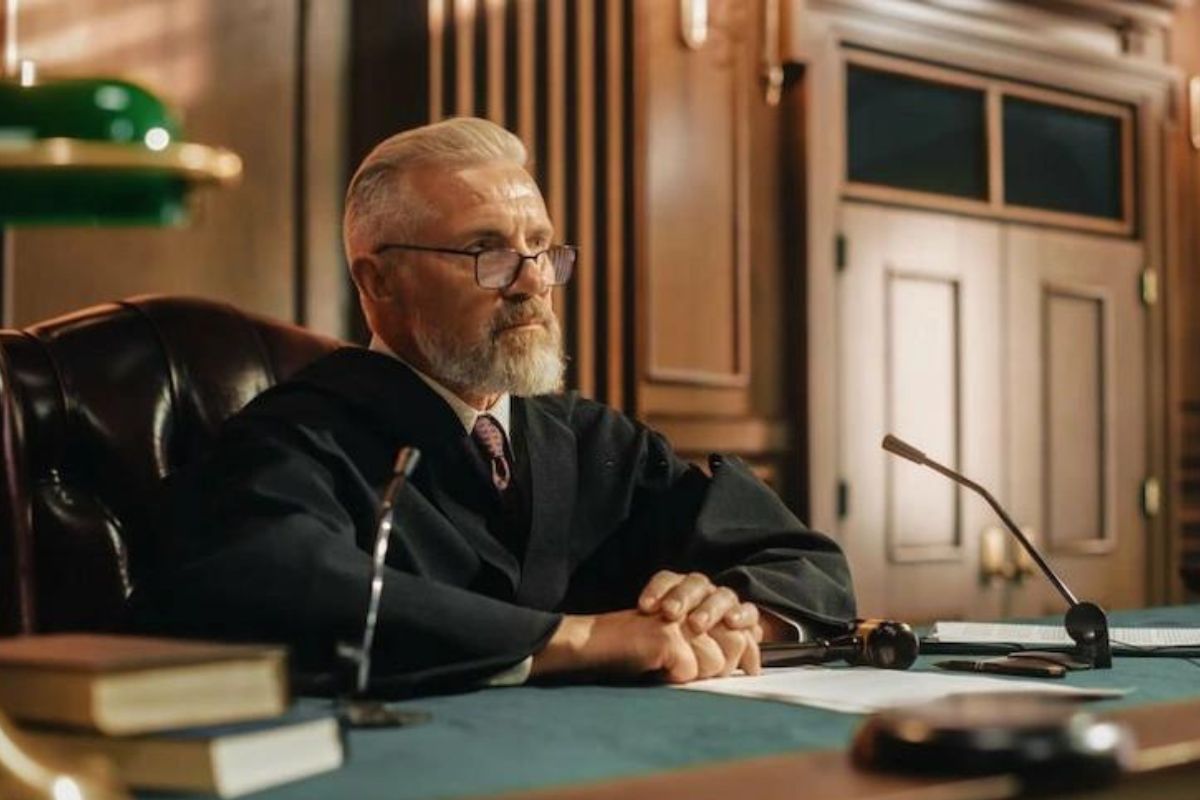


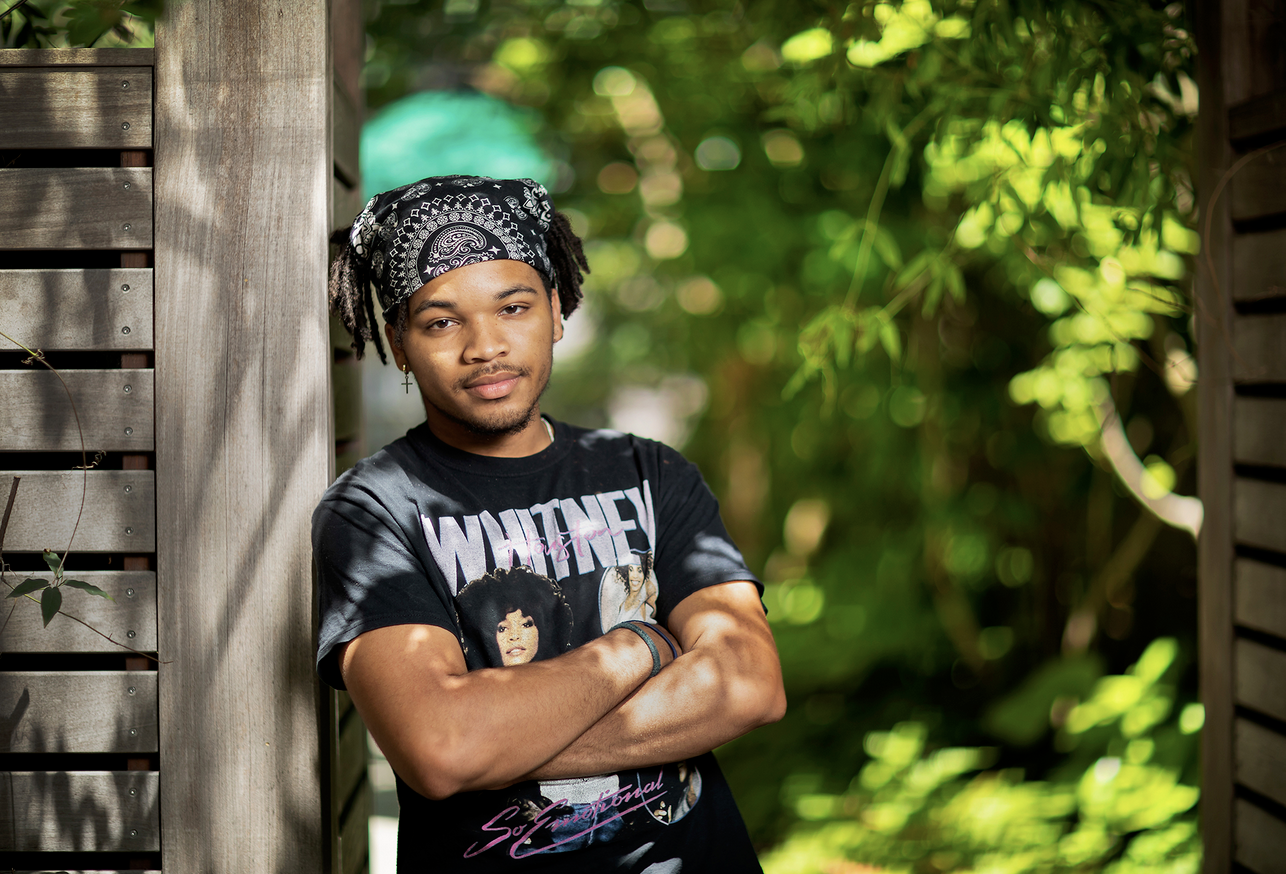
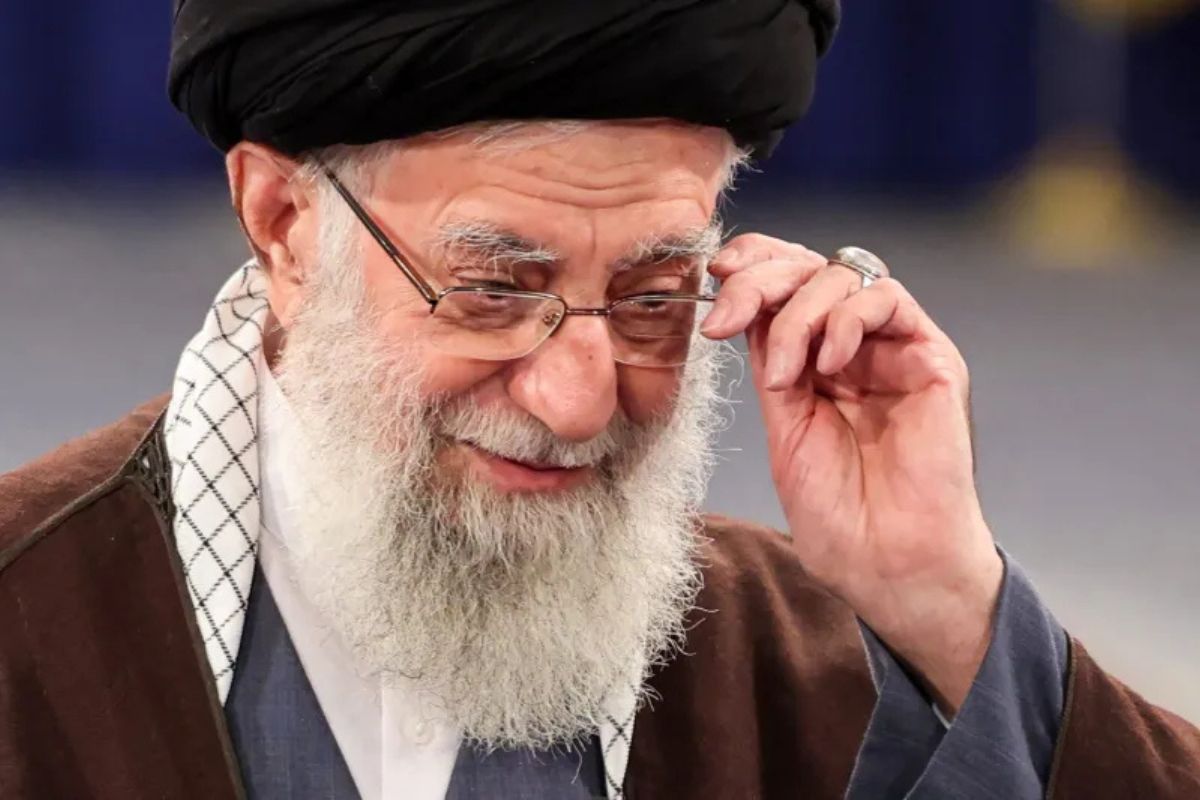
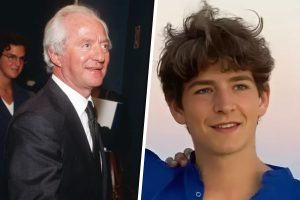

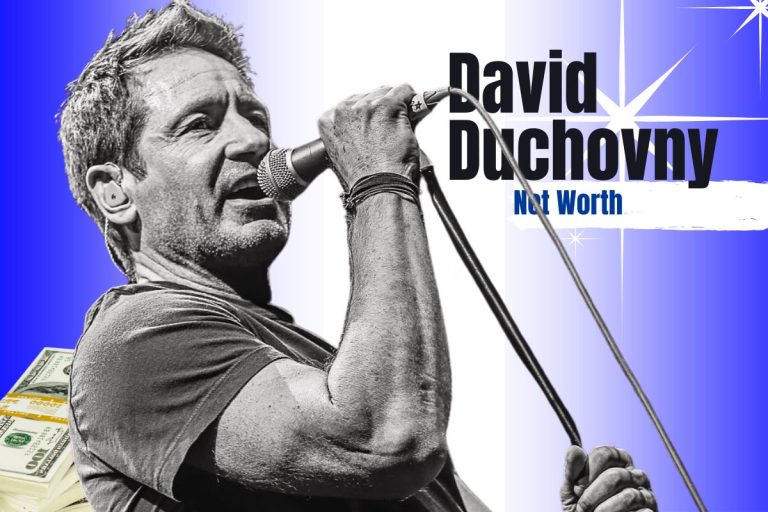


[…] lawsuit is still in its early stages, navigating the complex labyrinth of the judicial system. While a final verdict might take years, the case has already sparked […]
January 22, 2024 at 11:30 am[…] of Education in human cognition and learning. These educational milestones weren’t just academic achievements; they were the tools Ruth L. Gottesman would use to empower countless […]
June 18, 2024 at 7:08 am